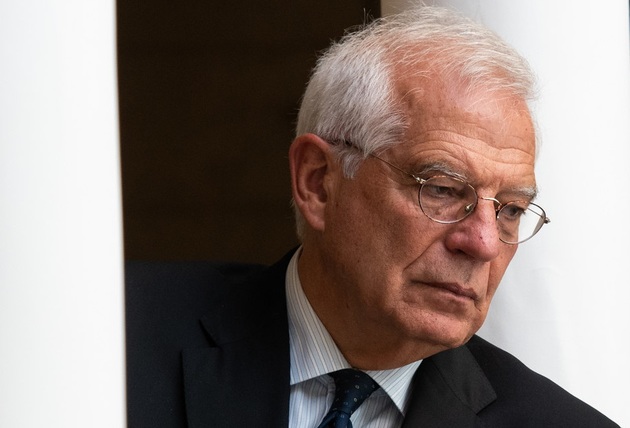The EU wants to engage with but not recognise the Taliban (banned in Russia), as part of a wider effort to evacuate more Europeans and Afghan nationals. "In order to support the Afghan population, we have to engage with the new government in Afghanistan," said the EU's foreign policy chief, Josep Borrell, on Friday (3 September). "This doesn't mean recognition. It is an operational engagement," he said, outlining five conditions the Taliban have to meet for deeper relations, EU Observer writes.
The conditions, described as benchmarks, are high. He said the Taliban will have to ensure Afghanistan will not export terrorism. But they will also be required to respect women's rights, create rule of law and free media, ensure an "inclusive and representative transition government", and allow in humanitarian aid. "Someone will say that the Taliban will not fulfil them. Let's see. Our engagement will depend on the fulfilment of these conditions," he said.
Reports are already emerging that these benchmarks are unlikely to be met. Among them are stories of Afghan women being forced to marry Taliban fighters against their will. Female journalists are also fleeing, while the Taliban have been accused of targeted killings. Some of those benchmarks, like the rule of law, appeared to have also eluded the previous government overrun by the Taliban. "Afghanistan, and the Afghanistan institutions have not been defeated by the Taliban, but rather by corruption," said Slovenia's defence minister Matej Tonin, speaking on behalf of the rotating EU presidency. Meanwhile, the United Nations says the country is facing a humanitarian catastrophe with almost half of the population in need of humanitarian assistance.
Borrell floated other plans as well. He said the EU wants to send a "joint European presence" to Kabul, coordinated by his services. The unofficial delegation would seek to help evacuate people to individual and willing member states. Borrell did not give a date but instead said it would be contingent on the security situation on the ground.
Another idea is to create "a regional political platform" with Afghan neighbours to weed out potential problems like drug smuggling and organised crime. "This will represent a strong diplomatic effort of all member states, all together coordinated by the external action service," he said. The talks followed a separate meeting earlier last week among defence ministers, where Borrell pressed for greater EU military autonomy on the world stage.






